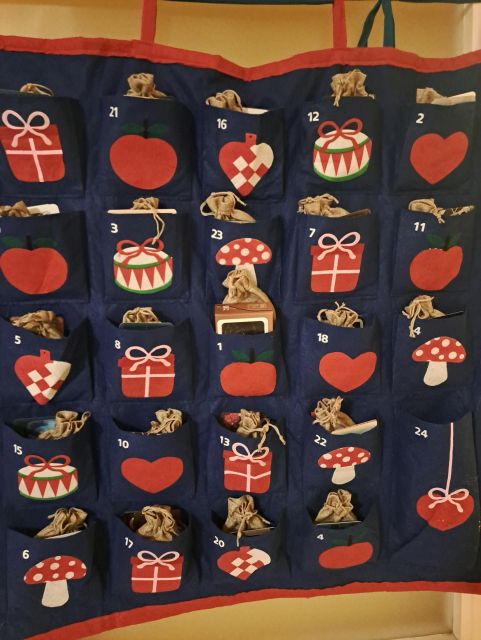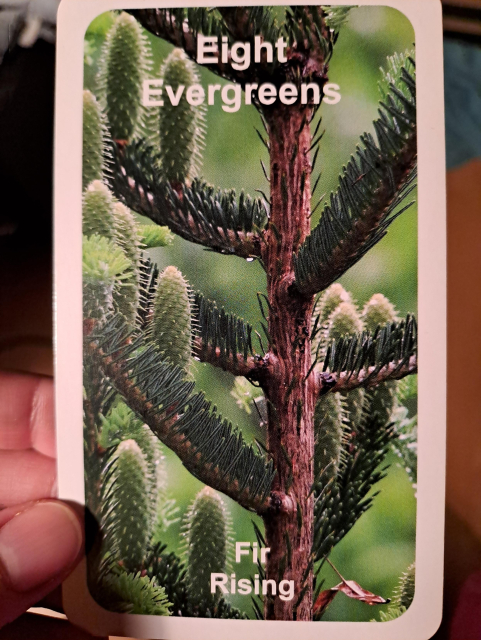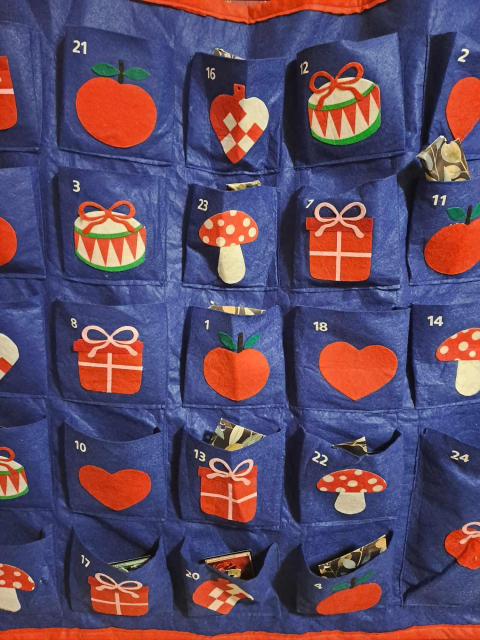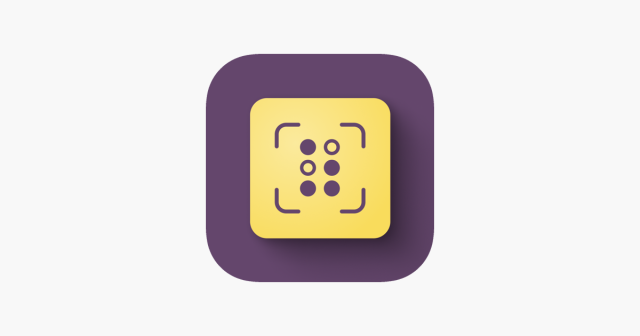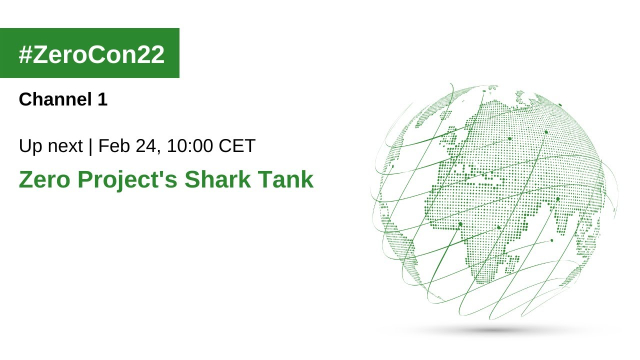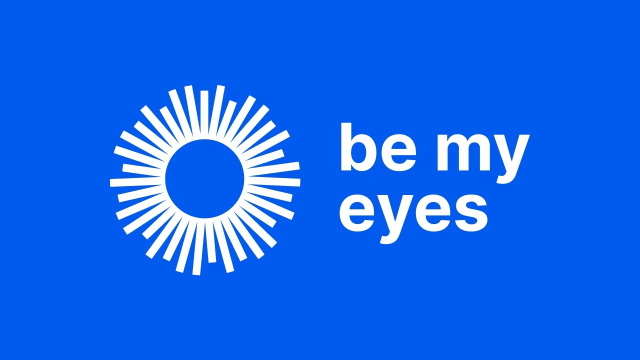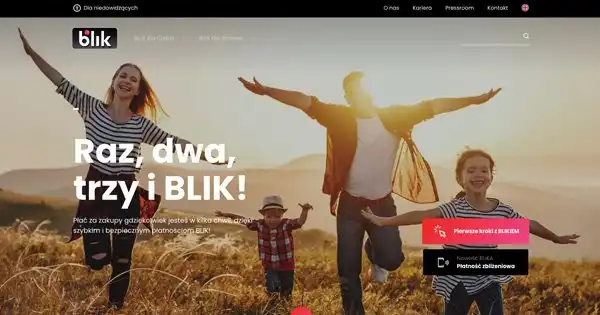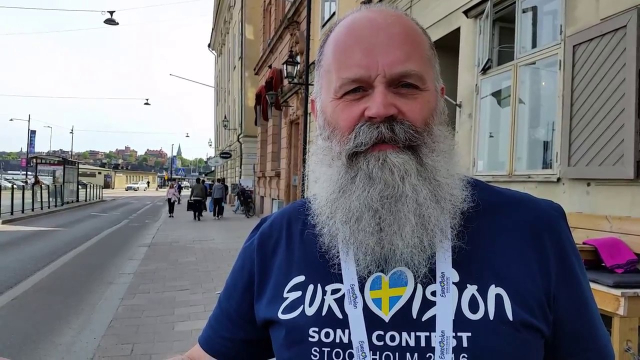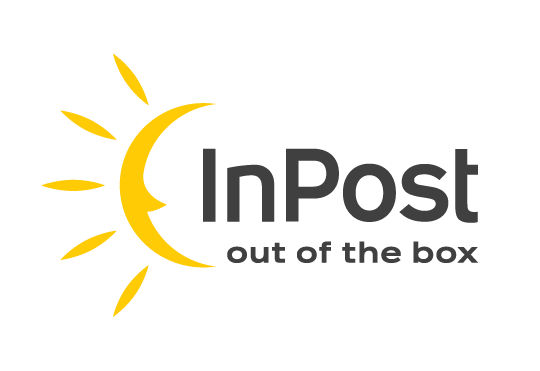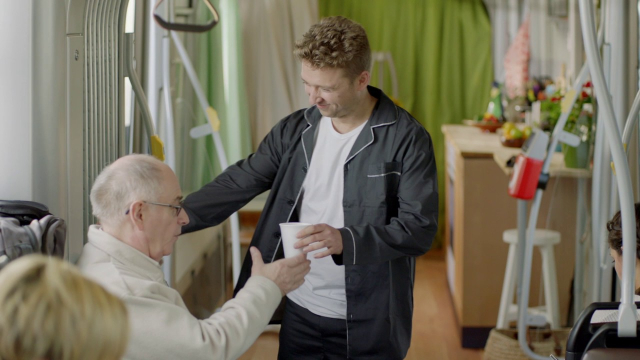For almost one year and a half I had the pleasure of living in Innsbruck, the charming Austrian city which is the capital of the Alpine region of Tirol which is very popular with tourists. While my stay there was heavily marked by the Covid situation, lockdowns and a really difficult start to building a stable social life, it presented me with some highlights of interest to us so here are they:
- A tiny version of the Czech remotes system, at that time capable of triggering the audible traffic lights, currently also the talking public transport info boards;
- an exceptional training of the public transport drivers who always stopped the bus right in front of you as long as you stood at the designated, tactile spot; opened the door and told you the bus/tram line they were driving;
- a tactile line going across what seemed to be all of the city's market square which made for a nice walk through the city center;
- the general feeling of safety that encouraged me to take long walks and explore the city by myself;
- the amazing community around my former workplace, Freirad, the social, community-driven radio station that focused on giving voice to those who wouldn't find it in the mainstream media. This meant tons of content from marginalized groups, a wealth of diverse cultural, music and linguistic spectrum and plenty of social initiatives on air. Of course, blind and partially sighted radio hosts were more than welcome and I was happy to be a part of this journey, organizing workshops for prospective hosts with visual impairments, including a really fun group of kids and spreading the word about the importance of accessibility which was always well-received. My former show on Freirad aired for the last time today so it's a bit of a chapter closing.
#
Accessibility #
Blind #
Austria #
BuildEnvironment #
PublicTransport #
Radio #
AdventCalendar